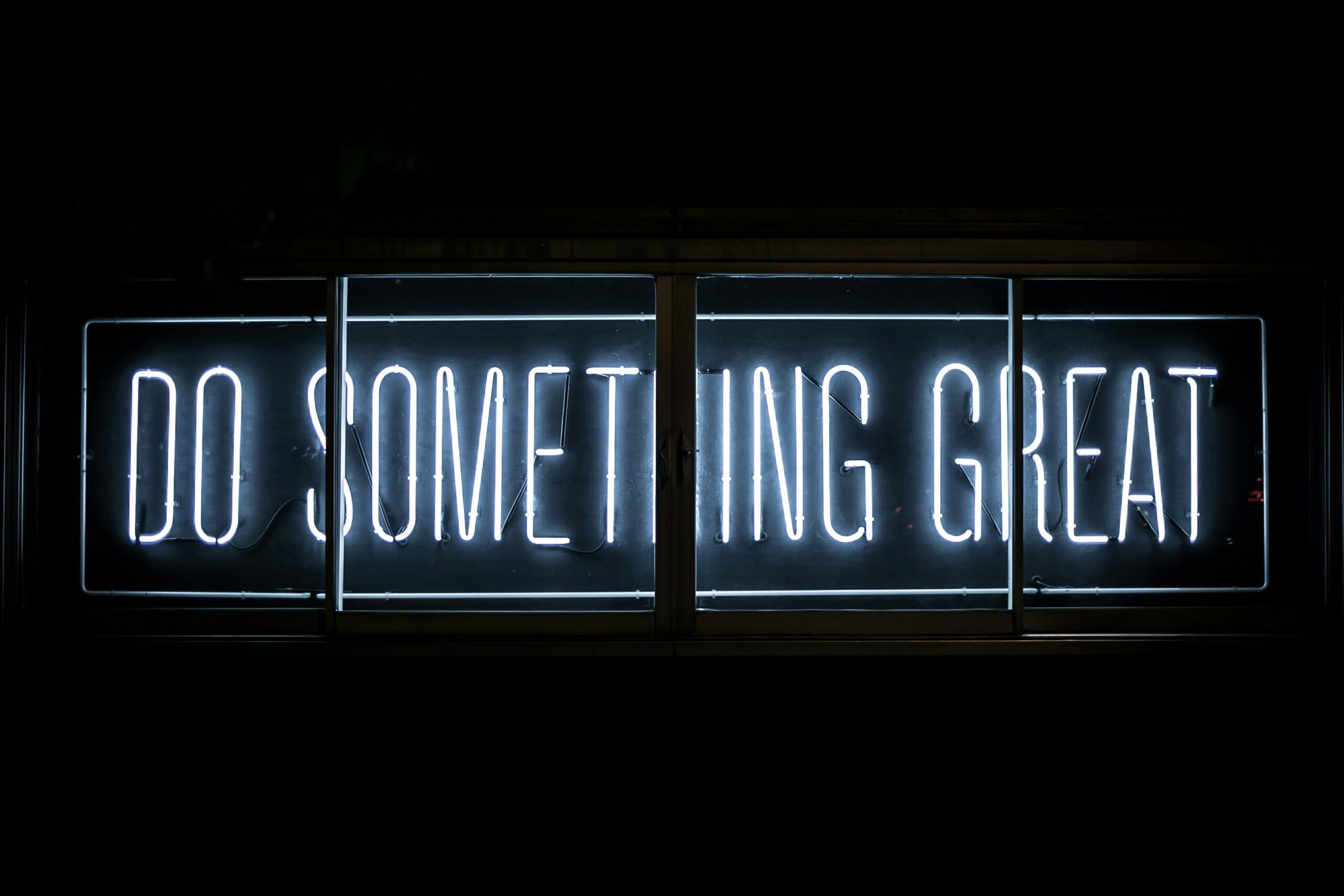Introduction
Sleep benefits of getting the right amount of sleep improves everything in our life. One of the best ways to get ahead in life is literally to just get the right amount of sleep.
Yet, most people don’t.
Well, in my personal experience, most people have been sleep deprived for so long that they don’t know of a life with proper sleep. Studies show that nearly 40% of adults are sleep deprived, meaning in a room of 20 almost half of them are sleep deprived.
How Do We Let This Happen?
How do we as a society operate when half of our members aren’t getting enough sleep every night. My two theories are that some people genuinely don’t know the benefits (which is weird since sleep is talked about a lot). However, the more likely theory is what I stated before, that most adults can’t recall a life of living with enough sleep.
Think about it, most teenagers are sleep deprived due to school, so they just stay with these sleep deprived habits into adulthood.
The point of this blog is to not only talk about the sleep benefits, but to provide actionable steps to improving sleep. This is a problem I struggle with too, so I had to do my research for this.
How Sleep Deprivation Affects Your Brain and Work Performance
Not getting enough sleep is deadly to our work performance. The American NLHBI states that some of the drawbacks sleep deprivation are
- Trouble focusing and learning
- Having issues with understanding and controlling our emotions
- Increased risk of heart and kidney disease
- Increased risk of depression
- Suffering in academic performance.
In addition, according to the NSC, driving drowsily is similar to driving drunk. The reaction times of a driver get worse the less they sleep. Furthermore, driving after going 20 hours without sleep is the equivalent of drunk driving.
This means that not sleeping enough makes you a menace to yourself, and a menace to society.
The importance of sleep cannot be understated. Every aspect of your life is harmed when you don’t get enough sleep. Think about that for a second, there’s not a single part of your life that benefits with less sleep.
Sleep Benefits are Lost with Sleep Debt’s
Sometimes, you have to bite the bullet and get a sub-optimal amount of sleep in one night. This causes what is called a “sleep debt“, basically meaning that you slept less than you were supposed to. For example, if you’re supposed to sleep 7 hours and only sleep 5, you have a 2 hour sleep debt.
If you do this every day of the week, you now have a 14 hour sleep debt. Sleep debts are usually what cause you to feel tired throughout the day, as your body is trying to make up for the lost sleep. Even worse, people often don’t know how high their sleep debt is, so you very well could have a sleep debt of 100 hours.
Climbing back out of the sleep debt hole is a difficult process. It involves having to sleep in on weekends, and keep track of your sleep every day. Furthermore, it could include taking naps during tiring days.
If you still haven’t been convinced by the consequences of sleep deprivation, then maybe the sleep benefits will push you over the line.

Sleep Benefits and How It Improves our Work
The sleep benefits of quality sleep are really simple to keep track of. Think about one the consequences of sleep deprivation, and reverse it. Some of the sleep benefits include:
- Improved memory
- Improved focus
- More energy throughout the day
- A smaller likelihood of getting into a crash
- Boosting problem solving skills
Furthermore, a numerous amount of studies show that getting enough sleep boosts academic and physical performance. Every aspect of your life is improved with getting enough sleep, yet most people don’t realize it since you don’t feel a difference after 1 day of proper sleep.
Furthermore, sleeping and relaxing are very intertwined. If you relax often, then it can benefit your sleep.
Getting the benefits out of sleep requires consistency, and recognizing that getting these sleep benefits takes time. However, I promise you that in the end it’ll be worth it.
How Can I Avoid Sleep Debt?
Avoiding sleep debt is not difficult, you just need to sleep about 7-9 hours every day. However, if you’ve already accumulated sleep debt, it is difficult to get out of it.
The first step is realizing how much sleep debt you have. If you’ve been deprived for a while, don’t worry about how much as the first priority is setting up a consistent schedule.
However, assuming you have a consistent schedule, yet you struggle with debt, then count up the debt. Afterwards, The best strategy is to sleep earlier/later every day, keeping track of the minutes each time until you fulfill your debt. Some people prefer sleeping a lot on the weekends to make up for the debt, which is an effective strategy.
It’s up to you on how you conquer your sleep debt, however, just be wary of it’s existence every time you get low sleep.

The Ideal Sleep Schedule for Maximum Productivity and Sleep Benefits
The best sleep schedule for maximum productivity is centered around the sleep benefits, and our life. So, making this schedule is a difficult task. However, the rewards that come from making the schedule are completely worth it.
First of all, we need to determine when we’re most active, the afternoon, morning, or night. For teenagers, this isn’t really a choice as almost all schools make them wake up early, however, keep this information in mind for the weekends.
The steps to creating the schedule go like this:
- The best way to determine your peak hours is with this sleep chronotype quiz.
- After figuring out your chronotype, you want to set a schedule that works best with the chronotype we’ve been given. I’ll use the lion/early bird chronotype, and assume that 5 to 7 am is my best time to work.
- I want to give myself at minimum 7 and a half hours to sleep, therefore, my schedule will look something like 9:30-10:30 pm to 5 to 6 am. You can edit the fine details from here, but give yourself sometime to fall asleep, and at least 7 hours asleep.
- The best range for sleep depends on the person, but for most adults it’s 7-9 hours, and for teenagers it’s 8-10 (but 8 is sometimes unrealistic, so aim for 7 if you can’t get 8).
- Set an alarm for the the sleeping and waking up time’s you selected, and try it this day.
- The next day, see if anything went unexpected. Did you sleep past your alarm, were you not able to sleep this early? Afterwards, conduct some research on your problems.
- Edit the schedule and get a newly improved sleep schedule and try it again, repeat all the steps until you have a schedule that works for you
Some Early Common Issues
The most common type of issue is being unable to sleep at the new time. If you always sleep at 2, and now you’re forced to sleep at 10, it’s gonna get some time to getting used to. However, the only strategy that helps with this is to just keep sleeping at 10 until your body is used to it.
Another common problem is sleeping past the alarm/snoozing it. So, I recommend either slowly waking up early (e.g,. wake up 30/20 minutes earlier every day until you reach your time). Or, set an alarm an hour before you wake up in the beginning to wake your body up from a deep sleep beforehand.
Any other issues should just be googled and researched about. Everyone’s sleep is unique, so you might suffer from some problems only one other guy has suffered from, and it’s ok. Eventually, once you find the right schedule it’ll be worth it.

How to Create a Sleep-Friendly Environment for Better Rest
In this section, I’ll share some simple tips to improve your sleep. There are a numerous amount of ways to improve your sleep, however, these are the easiest ones to implement. Furthermore, in my experience, they are the most effective ones.
Night Routine
Night routines are a perfect way to help build consistency with your sleeping patterns. You attach the habit of sleeping to other habits, which will make it so that you get tired when doing these habits. Your night routine can include showering, brushing your teeth, using the bathroom, etc.
You don’t need to do any new habits, just do the ones you’re already doing in a specific order every night. For example, my night routine, in this order, could be showering, using the bathroom, brushing my teeth, and reading right before sleeping.
Restricted Internet Access
We all know that using our phone before sleeping is bad. It stresses us out, it gives out blue light for our eyes, etc. So, 30 minutes before bed you should hop off all the internet and relax (Important Distinction: Kindles are fine). This is easier said than done, so I recommend downloading an app like Opal to block your phone 30 minutes before your bed time.
Reading a Book
This method is the most underrated way to fall asleep quicker. Reading for 15 minutes is a simple way to become really tired, and fall asleep immediately after. In addition, if you do this often, you’ll associated night time reading with sleep, making it even easier to sleep.
I would recommend reading fiction books, and just picking one book to be your “pre sleep” book. You can use kindles, paperback, or even laptop (I don’t recommend due to screens, but do it at your own risk).
Meditation
I’ve talked about meditation a numerous amount of times but here we go again. Meditation allows you to focus more on sleeping, and gets you more tired. Even if you don’t meditate before you sleep, just meditating once in the day benefits your sleep.

Conclusion
Sleep deprivation is a massive issue in society, with some adults not getting a proper amount of sleep in decades. Setting up schedules to sleep is an important part in getting the sleep benefits, and is the best way to get a good amount of sleep consistently. There are several strategies you can partake in to help sleep easier.
However, you should always remember that
Nothing changes if nothing changes




